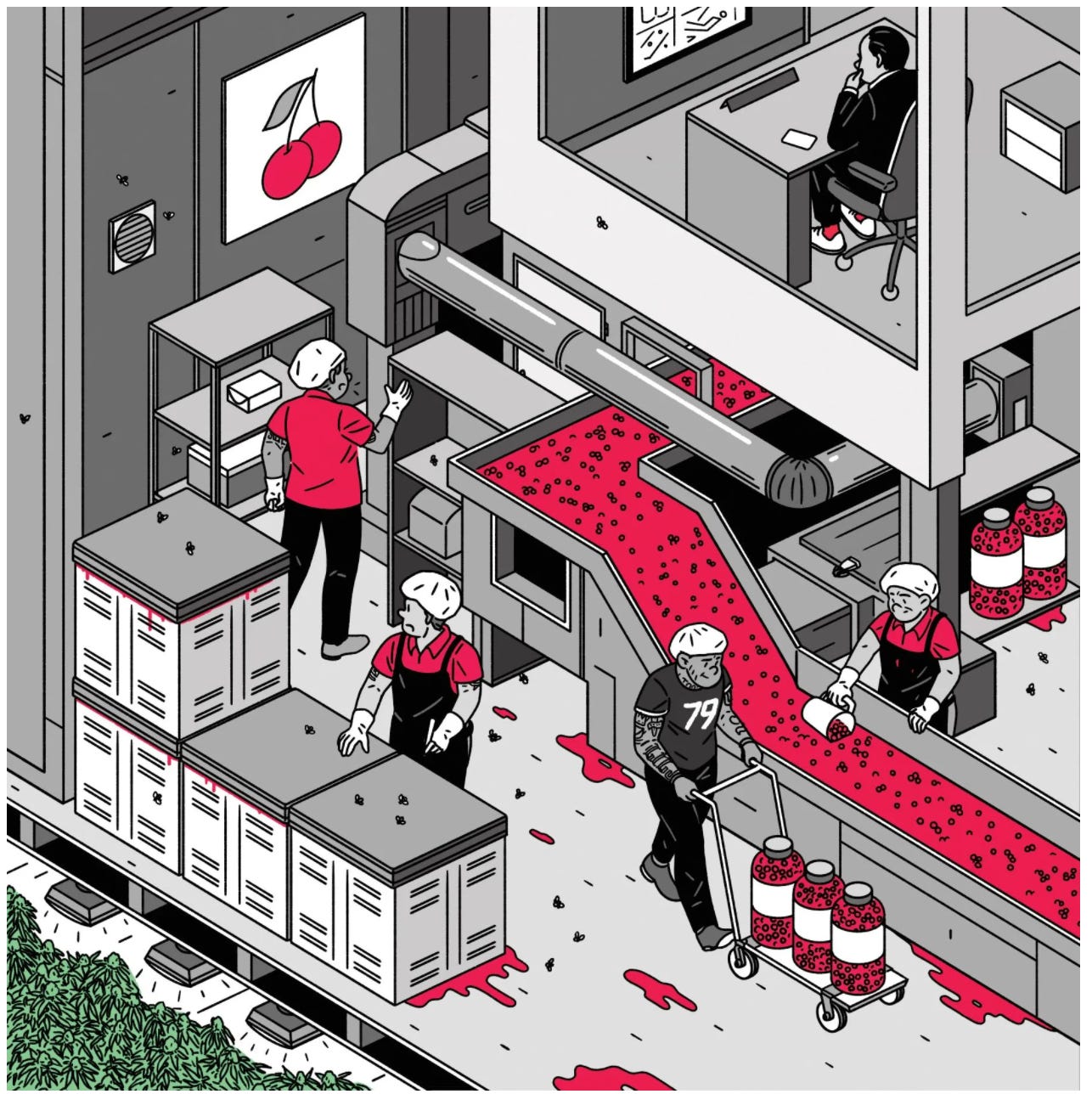Minimalist Entrepreneurship
A conversation with Sahil Lavingia about his journey, business philosophy and world view, plus the usual summary of funny and interesting stuff I've read recently.
Hi folks, Paddy here from Odin. We are making it 10x cheaper and easier to launch & invest in syndicates and venture funds. We are now live in private beta.
Want to set up an SPV? Learn more here, or click below to get started. ⬇️
If you’d like to apply to join our private community and access syndicate investment opportunities and events, please share some more information with us (if you haven’t already).
Good Morning
Today, I have a fascinating conversation for you to listen to with Sahil Lavingia.
Not on spotify? Go here for other links.
Sahil is the founder and CEO of Gumroad, a service that helps creators get paid for their work—over $400 million paid out to date. They raised money from Kleiner Perkins, First Round, Naval Ravikant, Chris Sacca, and others. He wrote about his journey here.
Sahil got his start in Silicon Valley aged 19, as employee #2 at Pinterest, and since then has built Gumroad into a highly profitable, fully asynchronous, 40 person business with no full time employees, no meetings and no office. He works on Gumroad about 20 hours a week.
Sahil has also angel invested in about 30 startups including Clubhouse, Lambda School, Figma, Notion, Vercel, HelloSign, and Movable Ink. He now runs shl.vc, an AngelList rolling fund, which invests about $12m a year in startups. He raised the first commitments for the fund with a public notion memo and one Zoom call.
He also recently raised $5m for Gumroad via crowdfunding in just 12 hours. He is a radical advocate of building in public, regularly publishing Gumroad’s financials.
Sahil just released his book, The Minimalist Entrepreneur, where he outlines his philosophy for company building.
In short, it’s about:
Building for communities;
Starting small, and creating processes (not products);
Getting people to pay quickly;
And only then scaling by building software and an audience.
It is all tied together by a company culture that focuses on radical transparency (the company roadmap and values are public) and ownership (“everyone is the CEO”).
The quote that I think best sums it up (from the podcast) is the below:
“Let people get all the way through your sales funnel without you even being a part of it - that’s the goal.”
In the conversation, we also dig into Sahil’s world view and talk about:
His political ideas, which are part libertarian, part communist;
The Sovereign Individual;
The nature of power and violence
The future of countries and companies (solo capitalists and new nation states)
I thoroughly enjoyed the conversation, and I hope you do too! If you like it, go buy a copy of Sahil’s book here.
Not on spotify? Go here for other links.
Best of the Internet
Three Steps to the Future
I’m a huge fan of Ben Evans’ annual presentations for a sweeping, top-down view of the future, complete with interesting data points. You can see his latest presentation (and all the previous ones) here.
Well, that aged badly
I was listening to a podcast recently where Balaji Srinivasan mentioned how often we underestimate the impact of paradigm-shifting technology. Here are some funny past examples he mentioned:
🔎 Google's Toughest Search Is for a Business Model - the New York Times, April 8th, 2002
🤷 Why Facebook will never make a significant profit - Quarts, January 31, 2013
💣 And my personal favourite, Amazon Dot Bomb
Jack the Giant Killer
A great piece from Mike Solana on Jack Dorsey’s resignation as Twitter CEO. Mike sees Jack Dorsey as a steward of free speech in a company and a broader culture that would have otherwise, and believes his resignation is a bad thing for the company and the world.
The Maraschino Mogul
A story about family, cherries, honey that turned red, and illicit marijuana farming in New York. I’d heard about the red honey before, but not about the rise and fall of the self-made man behind the Mondella cherry empire, nor about his daughters, who took up the mantle and built anew.
Before I sign off for this week: I’m pulling together a group of people to lobby the UK government to make SAFE’s SEIS and EIS qualifying.
This will mean reducing the number of priced pre-seed and seed rounds in the UK, which I believe will be very beneficial for our ecosystem, by accelerating the speed at which we can close rounds and preventing over-dilution.
Who should I be talking to? If you’d like to get involved, give me a shout.
I’ve started compiling ideas in a Google Doc here.
Cheers,
Paddy







Great review thanks.
Very interested in seeing you get the proposition to change the way SAFEs work with SEIS/EIS! Not sure how to help exactly but happy to send a letter to my MP. A good start would be launch a petition.
https://petition.parliament.uk/